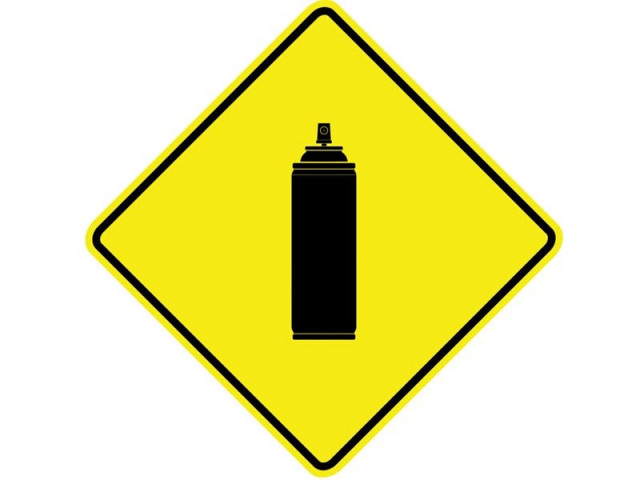Antiperspirants: Smell nice or die trying?
Picking scent over health may be a risky bet, but not fatal.

Picking scent over health may be a risky bet, but not fatal.
According to research, antiperspirants can adversely affect our health and could possibly cause allergies, sore skin and even cancer, reports webmd.com. With scary rumours blurring the lines between scientific fact and fiction, The Express Tribune took the liberty of discovering the truth behind the whole brouhaha.
For those of you who fall prey to self-consciousness magnified by sweat odour, dermatologist Dr Najjia Ashraf explains that body sweat is in fact odourless — something that many are unfamiliar with. She suggests that the unpleasant smell is more or less a result of a bacterial breakdown in occluded pores of your skin than the perspiration itself.
Now in this context, sweating would eventually mean getting rid of these bacteria and toxins, and since most antiperspirants work by blocking sweat glands, it naturally implies that these toxins are being blocked artificially. This particular notion is what has led to rising concerns over the viability and safety of antiperspirants, and has made them a punching bag for charities and healthcare systems.

However, according to our experts there is no sound evidence that renders antiperspirants as perilous. “Antiperspirants do not pose a cancer threat, but of course, not anybody and everybody should be using one,” says Dr Badar Dhanani. He asserts that antiperspirants are particularly risky for people who suffer from skin allergies or eczema as certain ingredients like aluminium chloride can aggravate the condition. “Only people who suffer from excessive sweating should expose themselves to this ingredient. Don’t just pick anything off the rack and start using it,” he advises.
Such aluminium compounds in antiperspirants have actually been subjected to high levels of scrutiny. It is suggested that these compounds may be absorbed in the skin and affect oestrogen receptors in breast cells leading to cancer, reports The Guardian. But Dr Noshiba Salman asserts that there is no clear evidence as such and they can be best described as potential factors than major causes. “Ingredients like ethyl alcohol and parabens in antiperspirants can at most lead to contact dermatitis, itchiness and fungal infections. There are chances that these body splashes or deos are absorbed due to overusage, but then again, they can only be a contributory factor towards cancer, not a direct cause,” she highlights. She recommends that it is best to read the first three lines of the ingredients list on the spray can and if any of the mentioned chemicals are present, avoid using it.
There are countless instances when a scientific layman wouldn’t even be aware of his/her allergies. In this case, Ashraf suggests that a patch test is a must. “People may have Hidradenitis suppurativa (a skin disease that affects areas having sebaceous or sweat glands) or any kind of skin allergy and not be informed of it. Therefore, it is safer to first do a patch test and see if it inflames the skin or not. Clean the area first and apply it sparingly,” she says. “Better yet use a body mist to be on the safe side. These are good in quality, do not contain harmful chemicals and provide the much-needed freshness. Let’s just say they stain clothes, not your skin,” she adds.
Of course, viral scares can be very confusing, however, it’s better to investigate the ingredients yourself and then decide whether there is anything to be scared of. People who are particularly prone to allergies should look for alternatives that are gentle in nature. The modern-day world is full of carcinogens, but that shouldn’t restrict us from looking or smelling our best because while technology has its drawback, it has also provided healthier alternatives.
Published in The Express Tribune, January 6th, 2014.
Like Life & Style on Facebook, follow @ETLifeandStyle on Twitter for the latest in fashion, gossip and entertainment.



















COMMENTS
Comments are moderated and generally will be posted if they are on-topic and not abusive.
For more information, please see our Comments FAQ